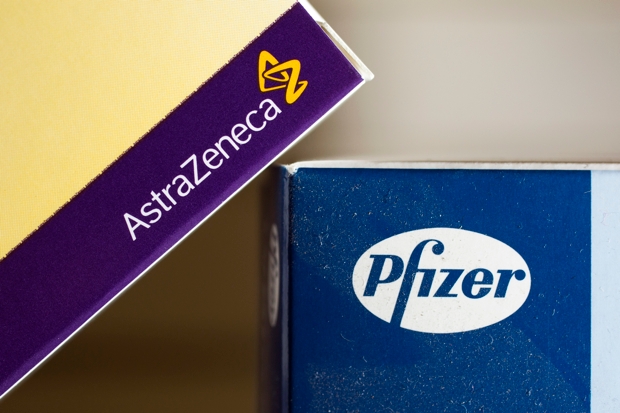The Pfizer takeover debate has been framed as a dispute between politicians, who claim to speak for the public interest, and shareholders, who own companies. Some have even claimed that it’s a dispute between free enterprise and state control, but the dispute is not between politicians and shareholders, it’s between two kinds of shareholder: those with a long-term commitment to customers and those focused only on immediate gain.
In Pfizer’s homeland it is far more difficult to launch a hostile takeover. The aim of America’s laws is to encourage the exercise of personal responsibility in business and commerce. Despite her reputation as the heartland of ruthless corporate capitalism, America’s company law entrenches personal responsibility far more effectively than ours. In particular, it provides companies with protections against hostile takeovers so that people with a long-term commitment to business ideals can pursue them without disruption by corporate raiders.
Adam Smith was among the first to voice criticism of short termism. He severely criticised ‘projectors’ who wasted money on foolish projects in the hope of acquiring sudden wealth and preferred to encourage a steady desire to better our condition. Some companies, he thought, broke the link between ‘judicious industry and profit’.
The takeover debate has been framed as a dispute between AstraZeneca, which wants to focus over years, even decades, on developing cures for disease, and Pfizer, which wants to escape corporation tax and keep its share price buoyant to preserve ‘shareholder value’.
It is important not to confuse support for a market economy itself with support for the particular legal institutions that have come down to us. Some types of corporation are more consistent with the exercise of personal responsibility than others. Defenders of free enterprise argue that shareholders have stronger motives than politicians to invest wisely, but their claim assumes that the company is managed by people who will bear the responsibility of failure and consequently avoid reckless risks. Shareholders, when compared with government officials, are assumed to have an incentive to be better informed and judge risk more carefully, but often shareholders have only a flimsy connection with the company. The average length of a shareholding is a few weeks, and often shares are held for only a few seconds. Most trading involves no commitment to the company at all, let alone an understanding of the business.
No one doubts the commitment of America to a market economy and that is perhaps why its company law (which varies from state to state) allows companies a variety of devices to make corporations more closely resemble an individual with a strong sense of personal responsibility.
For example, when some private companies decide to go public they issue A and B shares, with one class typically having ten times more votes than the other. This allows founders, executives or other large stakeholders who are the custodians of the ideals of the company to prevent hostile takeovers by companies who may be asset strippers or monopolists intent on buying and then closing down their rivals. There is no standard terminology for these share classes – sometimes B shares have more votes than A shares and sometimes it’s the other way round. When Google went public in 2004, it issued a second class of shares to ensure that the firm’s founders could keep control. Class B shares had 10 votes, while ordinary A shares had just one. In most cases, enhanced voting shares are not publicly traded. Ford also has two share classes to allow the Ford family to control 40 per cent of the votes with only about 4 per cent of the total equity. Berkshire Hathaway, led by Warren Buffett, also has shares with different voting power.
Companies can also use ‘poison pill’ strategies to discourage hostile takeovers. A ‘flip-in’ allows existing shareholders to buy more shares at a discount when a bidder reaches a trigger point, such as owning 20 per cent of the shares. By purchasing more shares at below the market price the long-standing shareholders are rewarded for their loyalty and simultaneously dilute the shares held by the acquirer.
Companies often register in states that frown on takeovers, which explains why tiny Delaware is a popular choice. Its courts have supported ‘poison pill’ defences so long as boards act in good faith and in keeping with their fiduciary duties. The top court commented in one leading case that some shareholders were arbitrageurs who would have taken the offer price regardless of the long term value of the company. Because they had no genuine commitment to the company, the court refused to support their ambitions.
The Pfizer bid is a reminder that we urgently need to question the legal forms that private property can take. Criticising Pfizer is not anti-business and does not reveal hostility to free enterprise. On the contrary, replacing the anonymous, ‘ownerless’ corporation with a legal structure closer to real private property is the best way to uphold a market economy. It will entrench commitment to human improvement and discourage financial manipulation.
David G. Green is Director of Civitas and author of The Demise of the Free State






Comments